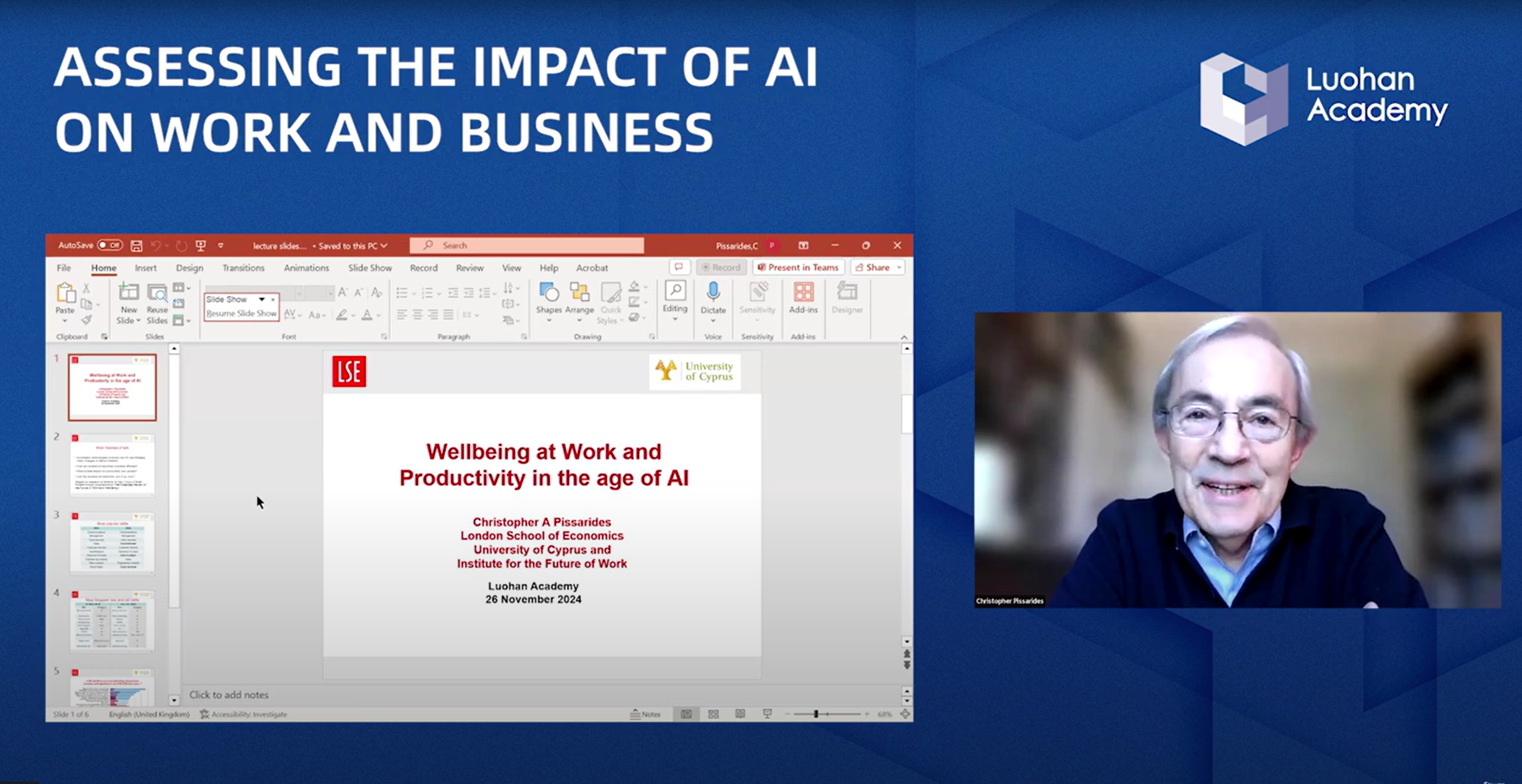When thinking about the value of data in the digital era, I recently googled the phrase “what is the value of…” in the search engine as a basic experiment. The premise was, does Google know me better than myself? More simply, what would google recommend to me based on my recent search history? The answer is less than exciting; Google recommended nothing that I wanted to know the value of, leading me to question the value of Google tracking my google searches?
Model and Implication
In a recent paper, two leading economists, Yale’s Dirk Bergemann and MIT’s Alessandro Bonatti point out that, for the most part, data’s value has accentually social value. In other words, the major role in the value of the keywords I searched probably is that Google or other service providers know more about many groups of people that share common attributes than with me individually, and therefore provide better services to these groups. So, while my Google search wasn’t beneficial to me in particular, it theoretically is advantageous to the larger group.
Since data captured from an individual user is also informative for users similar to the individual, it is social data. The social nature of data generates data externalities. In economics, an “externality,” often means the traditional free market has failed in some way and needs a carefully designed mechanism to repair it.
Bergemann and Bonatti’s paper discusses the role of data as an intermediary with the existence of data externalities. A benefit of data intermediaries is that they can preserve privacy over the identity of individual consumers while also provides precise information about market demand (or information on other aggregate quantities) to the firm.
The paper categorizes data intermediaries into three classes: (a) data brokers who buy and sell information, (b) product data platforms such as Amazon, Uber, and (c) social data platforms such as Google and Facebook. It discusses the economic differences between these three types and what policies needed to mitigate data externalities.
Reference
Bergemann, D., Bonatti, A., & Gan, T. (2019). The economics of social data.









